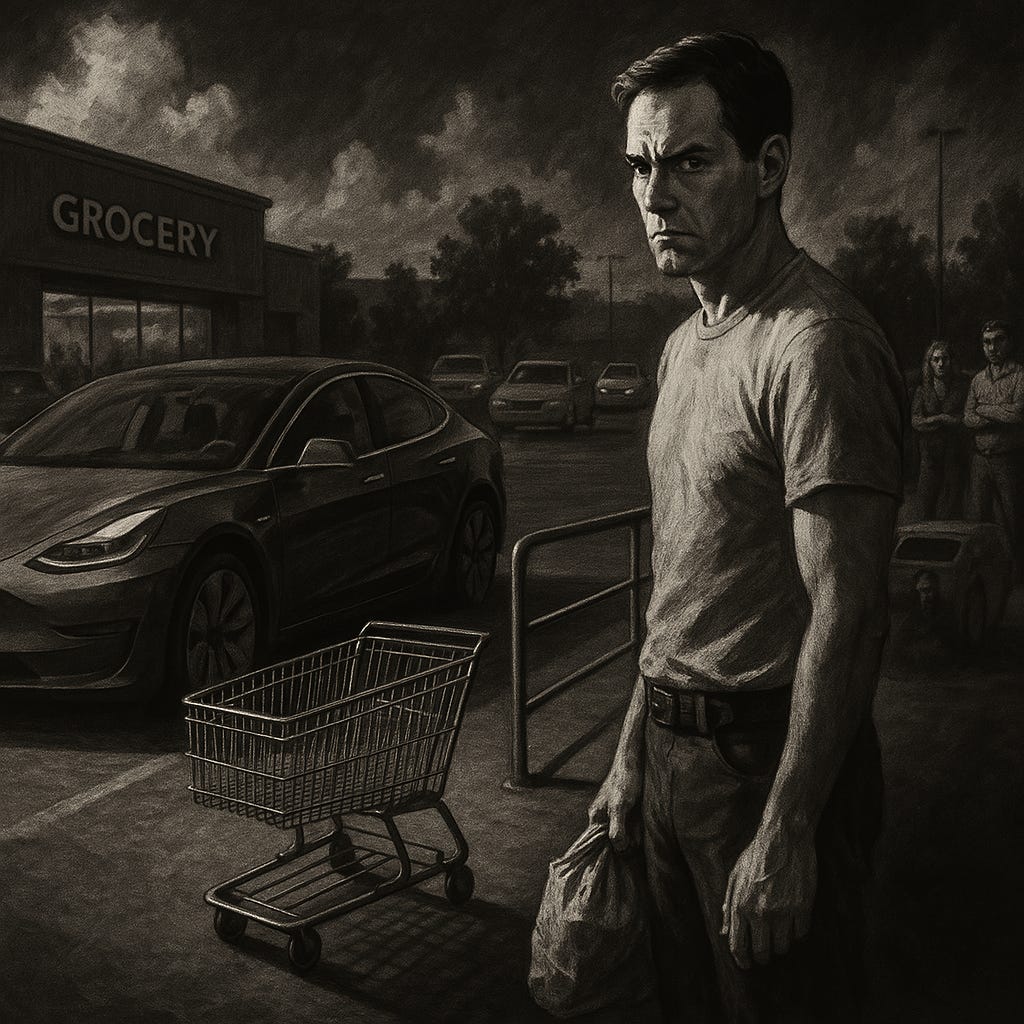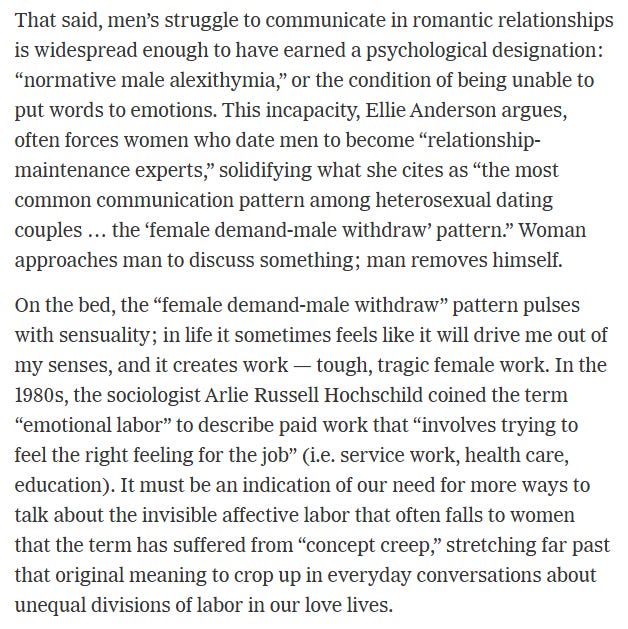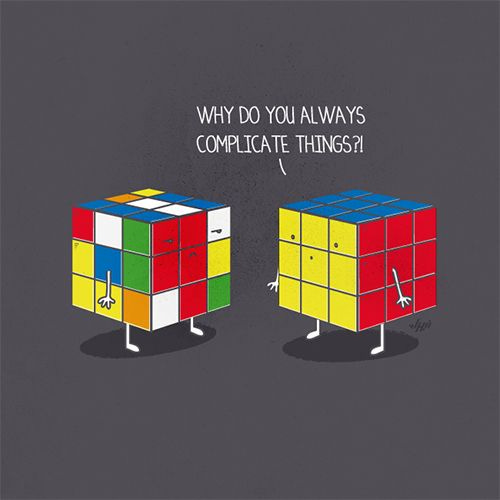Does He Return the Shopping Cart? Self-Generated Character Tests
Part of the Middle Aged Dating Chronicles
Dating as a psychologist means enjoying people’s pet theories about what makes a good person and a suitable person. And far more interesting: what tests are used to determine who falls into these categories?
Much has been written (too much) about narcissism. Consider a piece in The Atlantic with this doozy: “Narcissism is a common malady, but for the Lost Boys, it is the indispensable primer for a bomb whose core is an unstable mass of insecurities” (source). There are many things wrong with just this sentence.
It is not common (the prevalence of narcissistic personality disorder in the United States is 7.7% for men and 4.8% for women). (source)
It is not “the” origin of insecurities (there are hundreds of possible causes - source)
Why must this term be used as a noun for people who are not being adequately evaluated, much less diagnosed? Why not describe a momentary state or behavior (unless you are trained in clinical diagnoses?
Other articles talk about the terrible nature of men. Just yesterday, I read this interesting piece in The New York Times about women who are fed up with dating men. To the point that the author coined a new term, “heterofatalism.” (source). Do check out the explicit positioning of men and women as if these are monolithic categories:
As someone in the dating world, I’ll voice the obvious: there is sufficient inane behavior by all parties - whether we are talking about heterosexual, gay, or polycule rubik's cube combinations.
But this is not another article about narcissism or male bashing. This is about the problem of evaluating people too quickly, too vaguely, and without a lick of consideration of alternative explanations such as whether you caught them in a stressful period.
Fast Judgments, Slow Regret
Let’s begin with a fantasy: You’re standing in a grocery store parking lot. A man loads the last bag of organic quinoa into his Tesla, closes the hatch, and locks eyes with the cart corral ten feet away. You freeze. This is it. Character time.
Will he return the cart? Or will he, like the villains of suburbia, shove it between parking spots like an anarchist who hates order and us?

You think this is a trivial moment, but you’re watching like an FBI profiler. Because you’ve decided: This is a moral test. If he returns the cart, maybe he’s reliable. Maybe he loves his mother.
If not, he’s selfish. High probability of being a crypto bro.
This—right here—is the illusion of proxies. One snapshot, one bump on the metaphorical forehead and we think we know the whole person.
We want to “read” people in five minutes. But good luck reading a novel from one sentence, or diagnosing a storm from a single cloud.
This is where our minds betray us.


